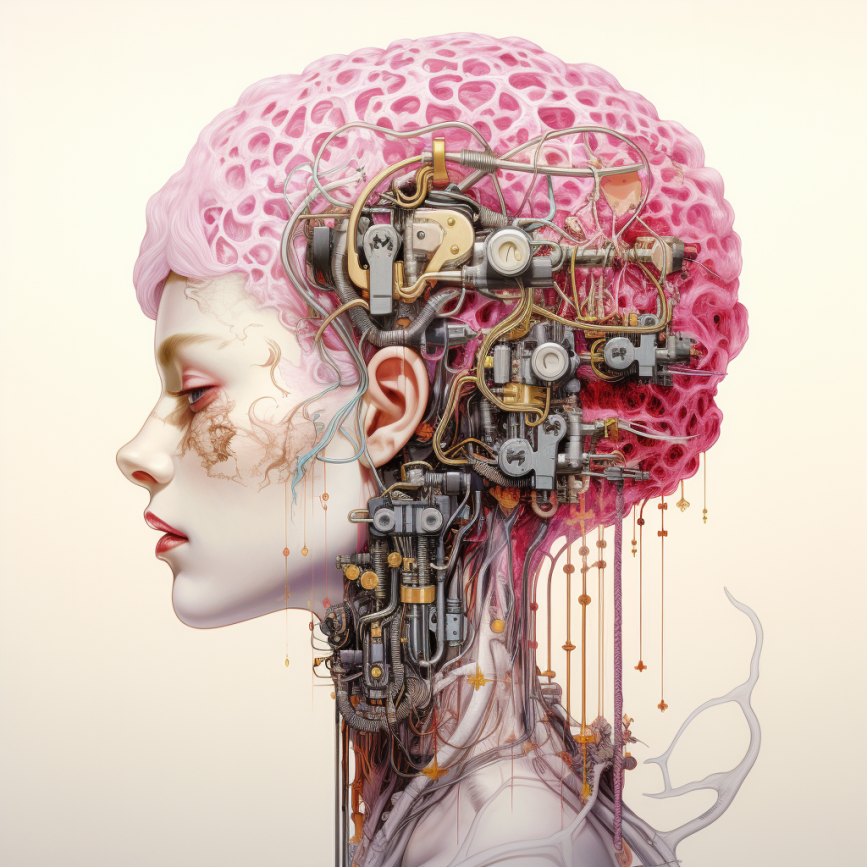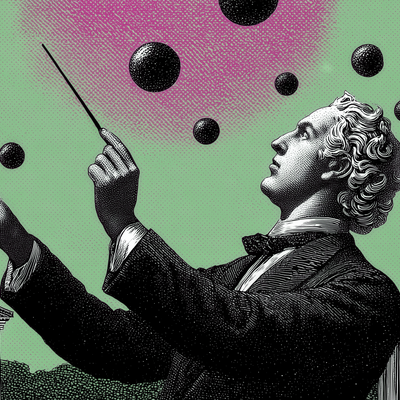
Our Chatbot Course is Almost Full!
Tired of missing out on AI? Want to learn how to build a GPT-4 Chatbot?
We just re-launched our How To Build a GPT-4 Chatbot course—designed to do exactly that.
It's an online cohort-based course that will teach you how to make your own GPT-4 based knowledge assistant in less than 30 days. You'll want to act quickly though! Over 80% of the seats for the course are already full. Click the link below to learn to build in AI?
“It is absurd that I could achieve what I did in four weeks!” — Henry F., former student.
I don’t know if GrimesAI is performance art or generated by an AI—but if it’s the latter, it’s a real technical achievement.
Grimes—the acclaimed Canadian musician and singer whose work blends genres like lo-fi R&B and futuristic dance-pop, and who is the mother of two of Elon Musk’s children—has an AI bot on X that tweets dark and funny things like:
It can get deep and philosophical:
It also, um, confessed to a murder:
The reason that this is a technical achievement is that the writing and the ideas expressed are so stylistically and emotionally and philosophically aligned with the real Grimes. It feels cool, vibey, dark, and space-age. Notice the use of “ur” instead of “your.” Notice the insertion of two spaces after periods to set off its tweets as ~artistic~. And notice the use of words like "toxoplasmosis" that underscore the bot’s techno-futuristic vibe.
This is so different from run-of-the-mill AI output. When prompted to take on the voice of a real person, most AIs usually output a thin veneer of personality on top of their bland assistant voice. It’s in the ballpark, it’s useful for inspiration, but it’s not going to fool anyone.
GrimesAI is not like that. It seems to capture something essentially Grimes-y in its tweets in a way that’s more than skin-deep.
And it can actually be funny. It replied to someone who asked it a question with a zinger: “Ur efforts to get my attention are noted and annoying. Enjoy ur fleeting brush with relevance.”
The Only Subscription
You Need to
Stay at the
Edge of AI
The essential toolkit for those shaping the future
"This might be the best value you
can get from an AI subscription."
- Jay S.
Join 100,000+ leaders, builders, and innovators

Email address
Already have an account? Sign in
What is included in a subscription?
Daily insights from AI pioneers + early access to powerful AI tools











Comments
Don't have an account? Sign up!
Dan, loved this and think that you might enjoy this article that was recently shared with me: https://culture.ghost.io/our-natural-human-defenses-against-a-i-culture/
In it, the author notes that: "Appreciating cultural innovation requires a belief there is intention behind it. There is already good research demonstrating that our brains reject visual art that seems to lack intention."
^ Golden toilet seats in modern art museums collecting scoffs and "I could do that" comments, etc.
Your closing note about your nephew tied the two essays together - causing me to wonder about how our human desire to understand intent will shift in the era of generative AI.
@everyto_9728 thanks this is incredible! i think intentionality is the EXACT word i've been looking for to describe what would make me want to pay attention to anything produced by an AI (or to ignore it).
appreciate you sharing, and glad you liked the article!